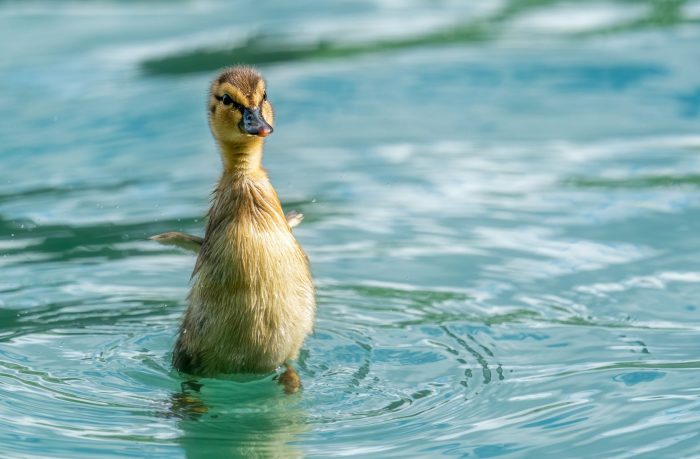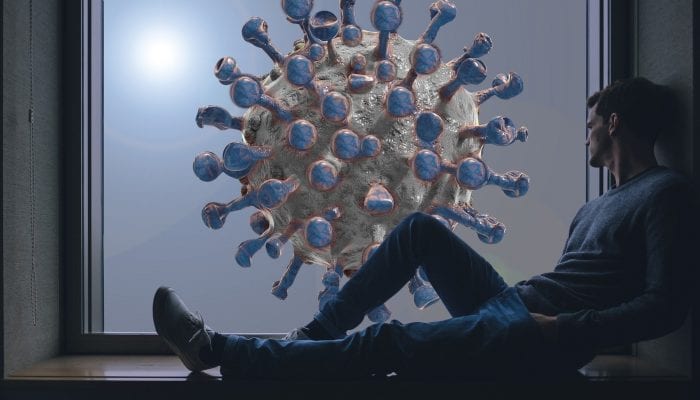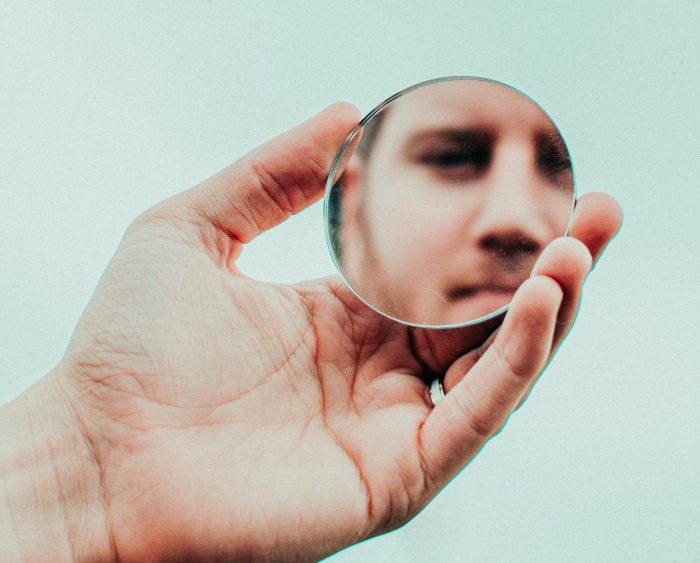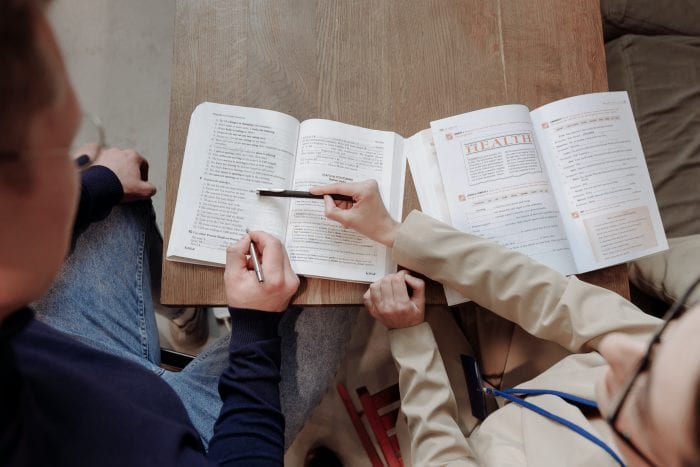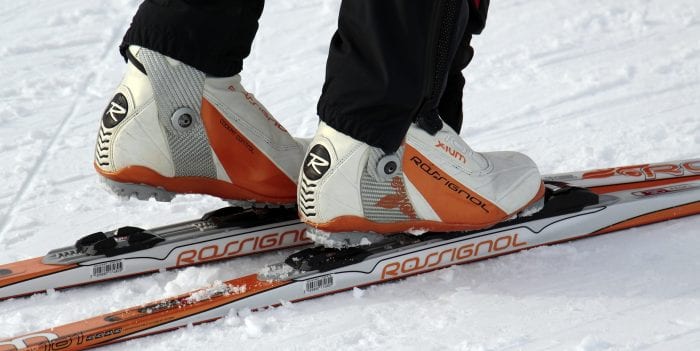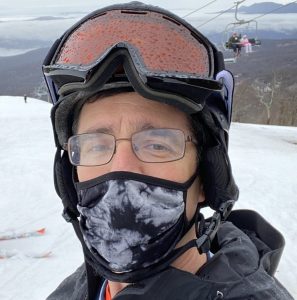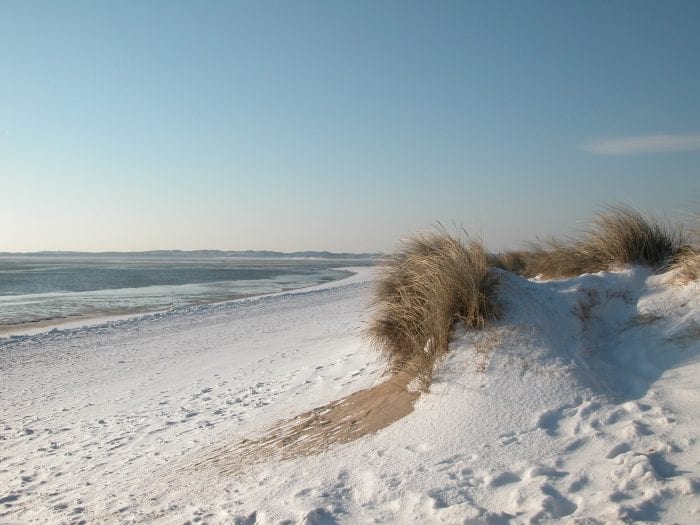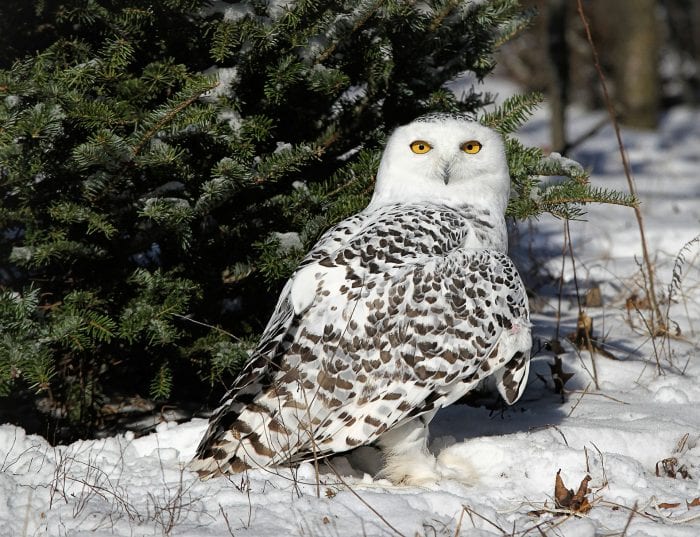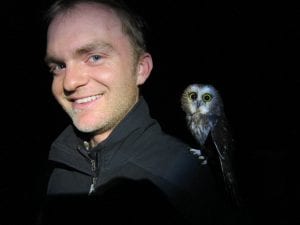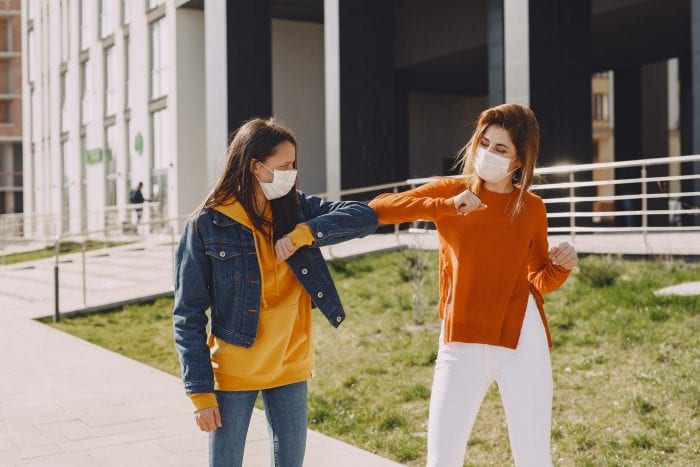By Daniel Dunaief

No matter how much uncertainty and anxiety clouds our lives, the passion that inspires us can penetrate the haze.
My retired neighbors, whom I see regularly on our walks, have shared their lives with us over the last year, offering news updates about their two grown children as well as their pursuit of vaccinations. Amid all the other news, they shared a development in their backyard that has completely captivated their attention.
Andrea and Bob said they were doing their usual gardening, trimming their bushes and reseeding their lawn, when they noticed something new next to their grill. Two mallards had decided to nest in a nearby bush.
The presence of this nest has captivated them to such a degree that it’s clear that the first place they look when they return from their walks is in the direction of the nest. They are eager to see whether their visitors, whom they assure us will take about the same 28 days to hatch that it takes between each of the two Moderna vaccinations for COVID, have pushed their way out of their eggs.
Each day, the parent mallards swim in their pool, taking short breaks from their early parenting duties to wade back and forth in a water body that Andrea and Bob assure us won’t have any chemicals or even salt until later in the summer.
They seem so thrilled to host their new guests that the bird droppings or other germs that might clog their filter or encourage bacterial growth don’t seem to concern them.
Indeed, they are so focused on these duck eggs that they have told anyone who ventures in their backyard, including insect control experts, not to spray or go near the nest.
Just to make sure the nest remains undisturbed from human activities, they have also put sawhorses — the kinds of temporary fencing police use to control crowds and building managers use to keep people away from exclusive entrances and exits to buildings — on either side of the nest.
Once the ducks hatch, they plan to take pictures from their window or around their yard, sharing them with friends and family.
The excitement this nest has created not only speaks to the Groundhog Day nature of our lives, but also to the core passion some people feel for nature.
When the right kind of animals appear, and I suspect a young raccoon or a nest of vultures wouldn’t make the cut, people will go well out of their way to support those creatures and to encourage the safety of their young.
Perhaps the arrival of spring and the renewal and hope it brings offers a fitting backdrop for the affection and appreciation of this collection of eggs.
After all, this spring in particular is unlike any other, as people hope to get vaccinated, emerge from their versions of hibernations and plan, tentatively, for the next steps over the next few months and year.
We will hopefully see friends and family we haven’t seen in months or even a year and, in some cases, will also visit with extended friends and family fortunate enough to have added new life to their ranks as well. Despite the baby bust, two sisters in my wife’s extended family gave birth to baby girls within weeks of each other. They will have their own stories to tell, passed down to them from their parents and extended family, about the unusual and challenging environment into which they were born.
In the meantime, however, Andrea and Bob can plan for something in the next few weeks that is unexpected, unplanned and wonderful: the hatching of new ducklings.

